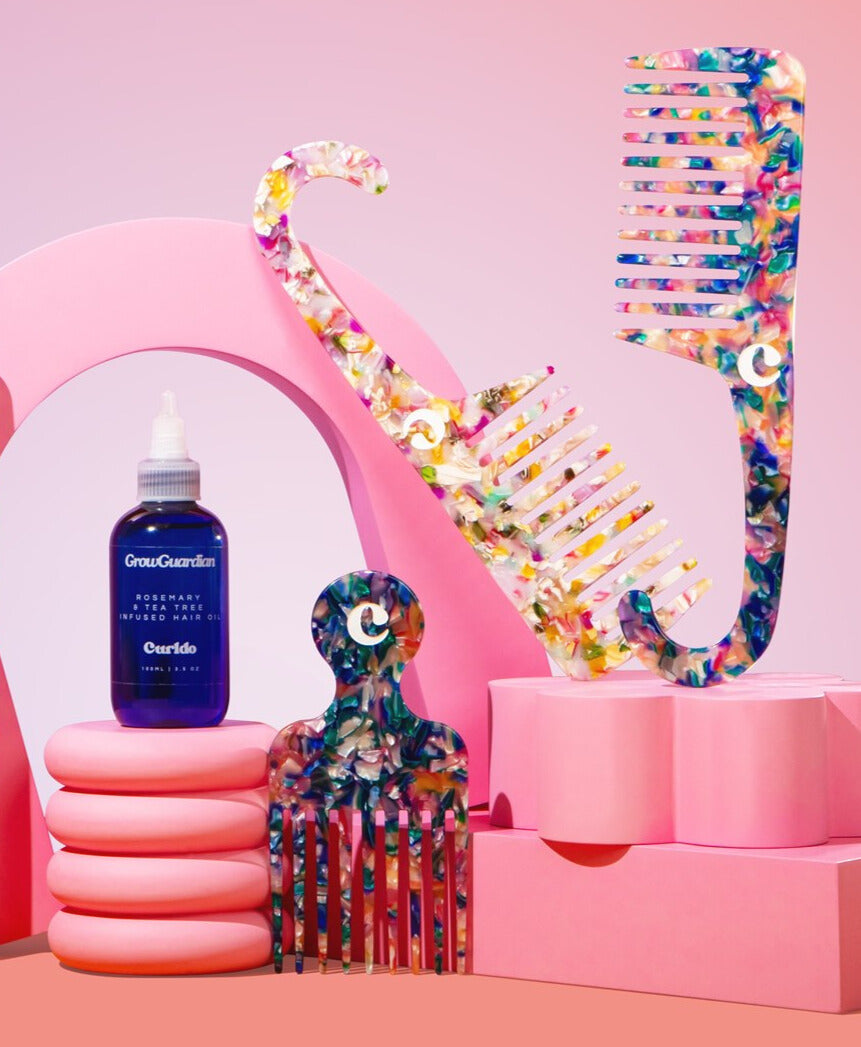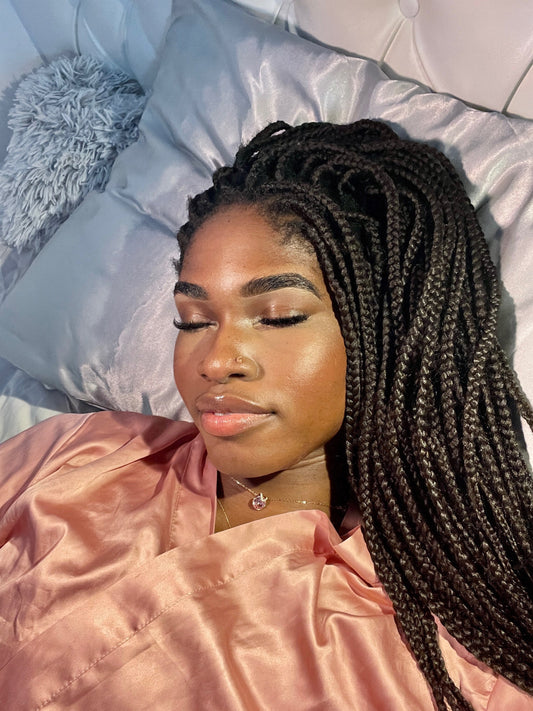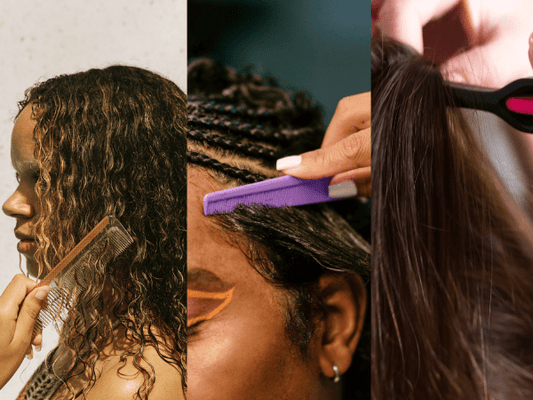In the realm of hair care, sulfates have long been a staple ingredient in many shampoos and cleaning products. Known for their potent cleaning power, sulfates are detergents that create the lather we've come to associate with a thorough cleanse. However, for those with curly hair, sulfates are not as friendly as they seem. Curly hair, with its unique structure and moisture needs, suffers at the hands of harsh sulfates. This article delves into why sulfates are considered the hidden enemy of curly hair, the impact they have, and how to navigate hair care without them.
Understanding Sulfates
Sulfates are chemical detergents found in various cleaning products, including shampoos, body washes, and household cleaners. The most common sulfates in hair care products are sodium lauryl sulfate (SLS) and sodium laureth sulfate (SLES). Their primary role is to attract oil and water, allowing the removal of dirt, oil, and product buildup from the hair and scalp. While this might sound beneficial, the reality for curly hair is quite different.
The Impact of Sulfates on Curly Hair
Curly hair is naturally drier than straight hair due to its shape, which impedes the scalp's natural oils from evenly coating the hair strands. Sulfates exacerbate this dryness by stripping away these natural oils, leaving curls dehydrated, frizzy, and prone to breakage. Here's a closer look at the adverse effects of sulfates on curly hair:
- Moisture Depletion: Sulfates remove not just dirt and excess oil but also the essential moisture that curly hair desperately needs. Over time, this can lead to brittle, lackluster curls.
- Frizz and Tangles: Dehydrated hair is more susceptible to frizz and tangling. Without sufficient moisture, the hair cuticle becomes rough, making curls harder to manage and style.
- Scalp Irritation: For some, sulfates can irritate the scalp, leading to itchiness, redness, and dandruff. A healthy scalp is crucial for healthy hair growth, making sulfates a counterproductive choice for those with sensitive skin.
- Color Fading: For those with dyed curls, sulfates can cause color to fade more quickly. They strip away the color along with the natural oils, leading to more frequent and potentially damaging coloring sessions.
Sulfate-Free Solutions for Curly Hair
Recognizing the need for gentler alternatives, many brands have introduced sulfate-free shampoos and conditioners to their product lines. These products are formulated to clean the hair and scalp without stripping away natural oils, using milder detergents such as cocamidopropyl betaine or decyl glucoside. Here are some tips for transitioning to a sulfate-free hair care routine:
- Read Labels Carefully: When shopping for hair care products, look for ones that explicitly state they are sulfate-free. Be aware of other harsh detergents that might be used in place of sulfates.
- Hydrate and Nourish: Incorporate moisturizing and nourishing products into your routine. Look for ingredients like shea butter, argan oil, and glycerin that help to hydrate and seal moisture into the hair.
- Gentle Cleansing: Sulfate-free shampoos may not lather as much as their sulfate-containing counterparts, but they are just as effective at cleaning. Massage the scalp gently with your fingertips to lift dirt and oil without causing irritation.
- Deep Conditioning: Regular deep conditioning treatments are essential for maintaining the health and hydration of curly hair. Choose products or natural ingredients that target dryness and damage repair.
- Protect and Seal: Protect your curls from environmental stressors by using leave-in conditioners and styling products that seal in moisture and protect against heat and UV damage.
Embracing Your Natural Curls
The journey to embracing and caring for curly hair involves understanding its unique needs and the ingredients that best support its health. By avoiding sulfates and opting for gentler, more nourishing alternatives, you can preserve your curls' natural moisture balance, reduce frizz, and enhance their overall appearance. Remember, the goal is to support and enhance your hair's natural texture, not fight against it.
Conclusion
Sulfates, while effective at cleaning, are not the best choice for curly hair due to their harsh stripping action that leads to dryness, frizz, and irritation. The movement towards sulfate-free hair care reflects a broader understanding of curly hair's needs and a commitment to products that support hair health. By choosing sulfate-free products and adopting a gentle, moisturizing hair care routine, those with curly hair can protect their locks, ensuring they remain vibrant, healthy, and beautifully defined. Embracing sulfate-free solutions is not just about avoiding certain ingredients; it's about celebrating and caring for your curls in











